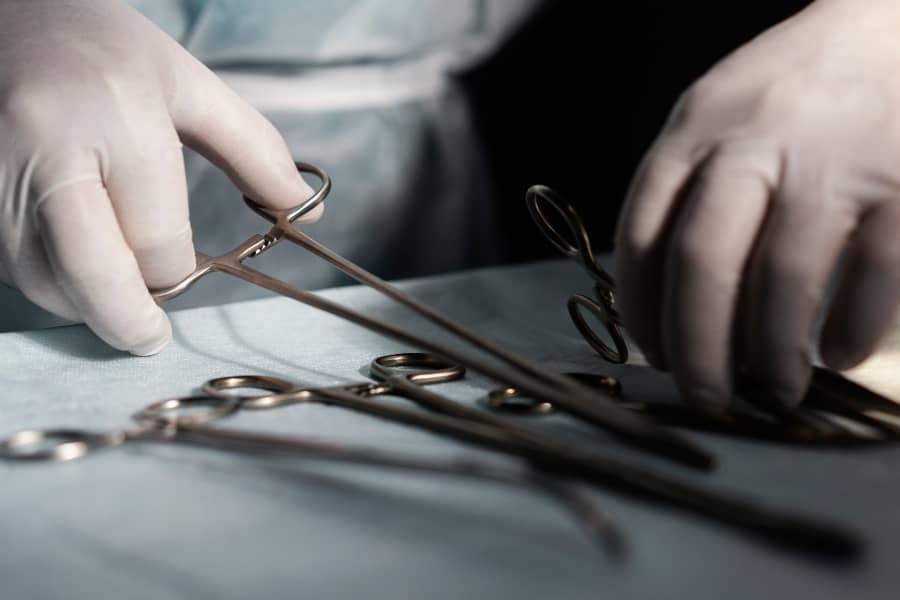
High-quality surgical instruments can serve for a long time, and perform exceptional surgical performance. However, the quality fades over time, and some rules exist to help you maintain the quality of your instruments and promote their long life. Thus, let’s understand what these steps contain, and how you can add them to your daily routine of surgical instrument care.
We all heard of the famous “don’t wet the scissors”, or “ don’t cut paper with clothing scissors”. Why not? This is because their sharpness fades away when not used properly. This same pattern goes to surgical instruments, including medical scissors.
Thus, the healthcare devices we should only use in their primary dedication. Since wrong usage can damage the structure of instruments and damage them for good.
The whole point of taking care of surgical instruments is to give them the attention they need. This concerns not only the state of the cleanness of the instruments but also how you handle them.
Poor care can damage the instruments and make them useless. For example, if you use them and then throw them somewhere without even cleaning, they will gain bacteria and even damage their parts.
Blood or other surfaces that stay and dry on the instruments, cause discoloration and also corrosion. This meant, that after using the surgical instrument, it is highly important to clean and sterilize them. Here are some factors to consider, when sterilizing surgical instruments.
Continuously stick to the manufacturer’s directions for cleaning and cleansing. Particularly crucial is adhering to the detergent’s dosage and duration recommendations.
The cleaning technique is mostly based on some parts, including the nuances of rinsing, cleaning time, the devices used for cleaning, sterilization after cleaning, and of course storage.
As mentioned above, it is important to get rid of blood or other material excess from the surgical instrument before they dry on it. The first step is rinsing the instrument so the running cold water will get rid of the post-surgery dirt. It is important to use only cold water for rinsing the instruments since the hot water can coagulate proteinous substances.
One of the important aspects when it comes to surgical instrument cleaning is the amount of time you dedicate to cleaning them. For example, if it’s too quick, then your instruments are probably not ready for another surgery, since they might still contain germs from the previous one. Or if it’s too long, they might be already damaged, and hold potential risks for your patient’s safety and health.
However, the perfect amount of time for cleaning surgical instruments is dependant, depending on the chemicals you use, the technique you use, and of course the cleaning devices you use.
As mentioned at the beginning of this blog, a quality surgical instrument can serve years. And even longer if properly taken care of. Start with getting quality surgical instruments, that will not only help you perform precisely but will also help put you at ease of mind.
Medicine is one of the fields where every detail can be fatal to people’s lives. Even the microscopic bacteria that is stuck on the damaged surgical instrument should not go unnoticed. Therefore, start with taking proper care of your surgical instruments today, to save life, and not otherwise.
Copyright 2024 SteriGroup all rights reserved.